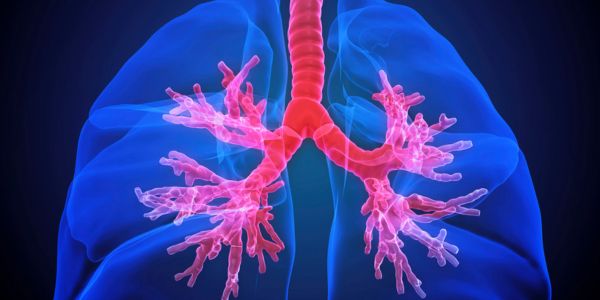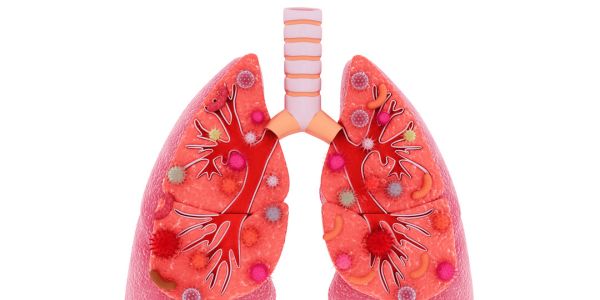
Lifestyle Changes After Lung Transplant: Diet, Exercise, and Self-Care
Living life after a lung transplant brings about significant changes, impacting your diet, exercise routine, and overall self-care practices. Adapting to these lifestyle modifications is crucial for successful recovery and maintaining optimal health post-transplant.
Here’s a comprehensive guide to navigating the lifestyle changes after a lung transplant:
Lifestyle Changes After Lung Transplant
A lung transplant opens up a new chapter in your life with many opportunities to get healthier and feel better. Let’s explore the essential lifestyle changes that come with this transformative procedure and how they can positively impact your recovery journey.

Dietary Adjustments:
Following a lung transplant, adopting a nutritious and balanced diet becomes paramount to support healing and prevent complications. Consider incorporating the following dietary changes:
- Increase Protein Intake: Protein is essential for tissue repair and immune function. Include lean meats, fish, eggs, dairy, legumes, and nuts in your meals, ensuring a diverse range of sources to effectively meet your nutritional needs.
- Focus on Fruits and Vegetables: Rich in vitamins, minerals, and antioxidants, fruits and vegetables help boost immunity and promote overall health. Aim to include various colorful options in your diet to maximize nutrient intake.
- Limit Sodium Intake: Excessive sodium can lead to fluid retention and high blood pressure. Choose low-sodium options and avoid processed foods, as these often contain hidden sources of sodium that can contribute to adverse health outcomes.
- Stay Hydrated: Adequate hydration is vital for respiratory function and overall health. Aim to drink plenty of water throughout the day, and consider incorporating hydrating foods such as fruits, vegetables, and herbal teas into your diet to support hydration levels.
- Ensure Adequate Rest: Allow your body ample time to rest and recover post-transplantation. Prioritize quality sleep and listen to your body’s signals for fatigue, adjusting your activity level to avoid overexertion.
- Practice Stress Management Techniques: Stress can impact physical and mental well-being, so incorporating stress management techniques like deep breathing, meditation, or yoga into your daily routine can help promote relaxation and reduce tension.
- Engage in Physical Activity: As your healthcare provider advises, gradually reintroduce physical activity into your routine. Walking, gentle stretching, and light resistance training can help improve strength, endurance, and overall fitness levels.
- Maintain Regular Follow-Up Visits: Regular follow-up visits with your healthcare team are crucial for monitoring your progress, addressing concerns, and adjusting your treatment plan. Be proactive in scheduling and attending these appointments to ensure optimal post-transplant care.

Exercise Regimen:
Regular exercise is pivotal in enhancing lung function, strengthening muscles, and improving cardiovascular health post-lung transplant. Here are some exercise guidelines to consider:
Start Slowly: Begin with gentle activities such as walking or stretching and gradually increase intensity as tolerated.
Incorporate Aerobic Exercises: Activities like walking, cycling, and swimming help improve cardiovascular fitness and stamina.
Include Strength Training: Resistance exercises using light weights or bands can strengthen muscles and improve overall body function.
Practice Breathing Exercises: Deep breathing exercises and pulmonary rehabilitation can enhance lung capacity and respiratory function.

Self-Care Practices:
Prioritizing self-care is essential for maintaining physical and emotional well-being after a lung transplant. Here are some self-care tips to incorporate into your daily routine:
Follow Medication Schedule: Adhering to your medication regimen is critical for preventing rejection and managing potential complications.
Attend Follow-Up Appointments: Regular follow-up visits with your healthcare team are essential for monitoring your progress, addressing concerns, and adjusting treatment as needed.
Practice Stress Management: Engage in relaxation techniques such as deep breathing, meditation, or yoga to reduce stress and promote mental well-being.
Get Adequate Rest: Allow your body ample time to rest and recover. Prioritize quality sleep to support healing and overall health.

Final Words
Navigating lifestyle changes after a lung transplant may seem daunting at first. Still, with patience, determination, and support from your healthcare team, you can adapt and thrive in your post-transplant journey. Remember to prioritize self-care, maintain a healthy lifestyle, and embrace the opportunities for a brighter, healthier future.
Platforms like Curebridge can assist you in finding reputable transplant centres, connecting with experienced healthcare providers, and quickly coordinating your medical journey. Embark on your transplant journey with confidence and peace of mind.
